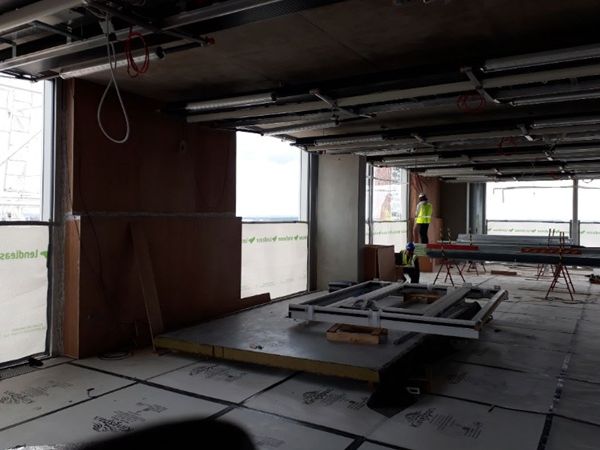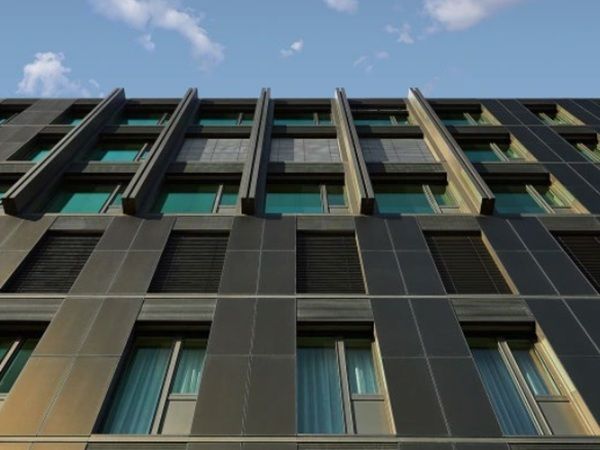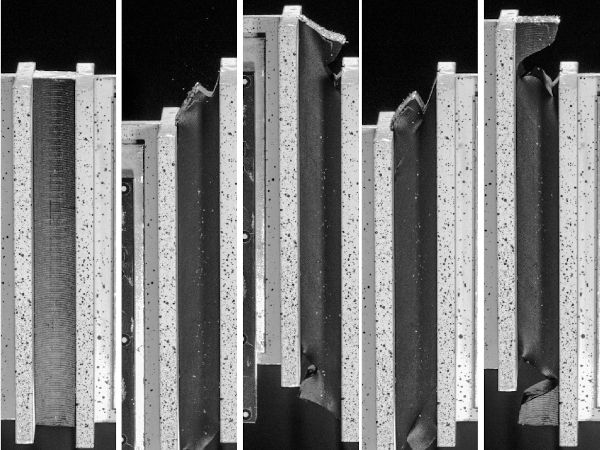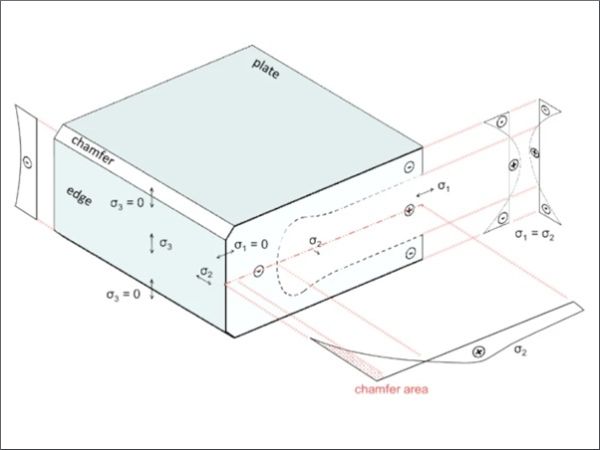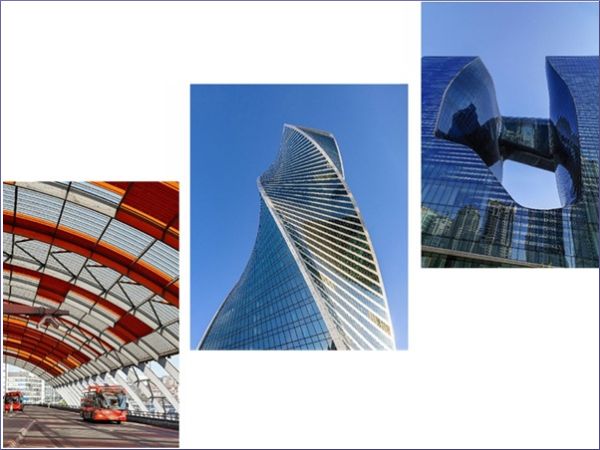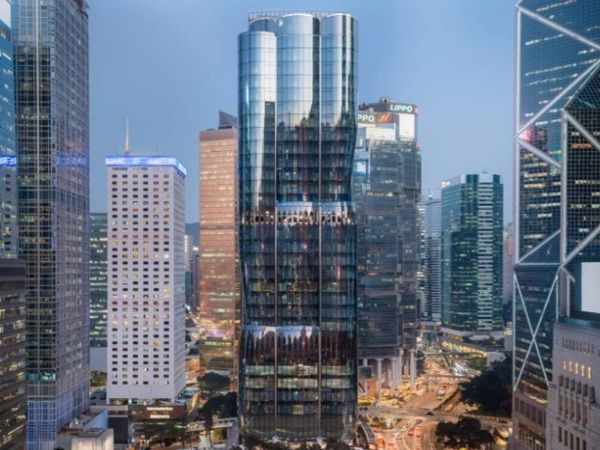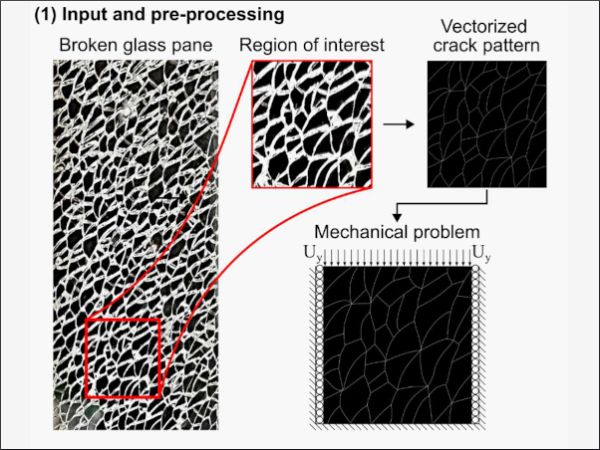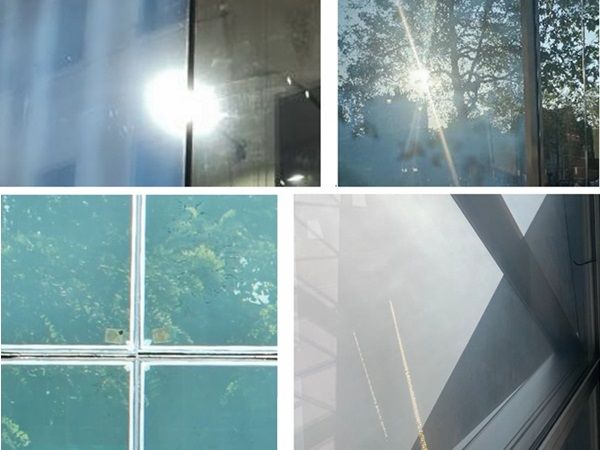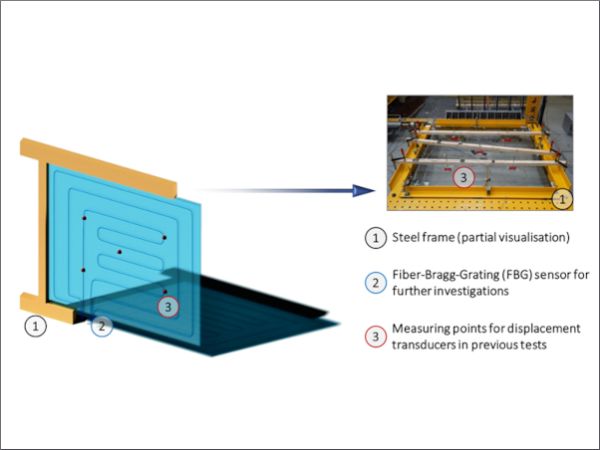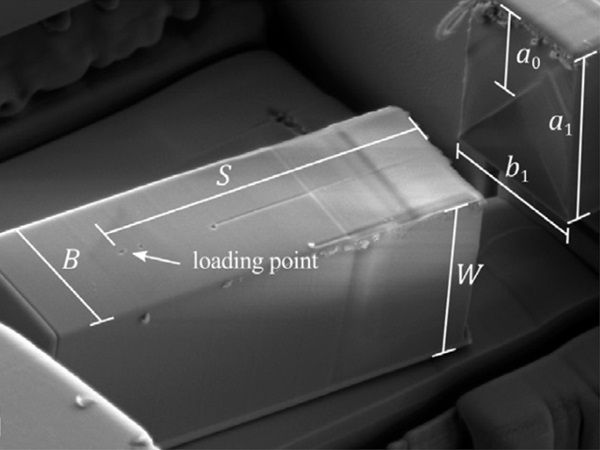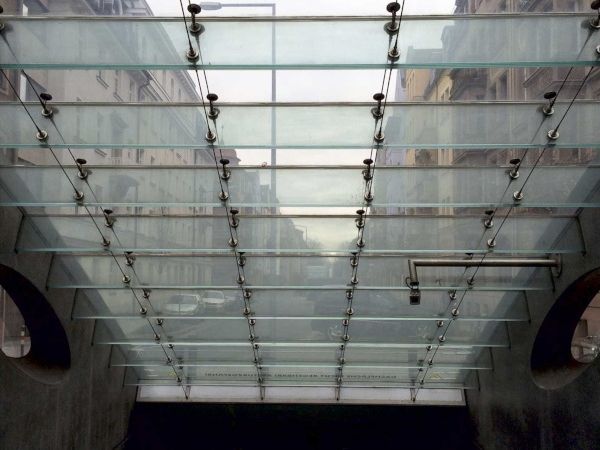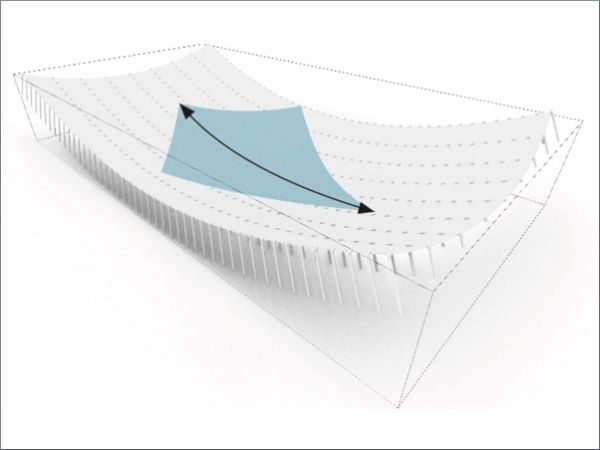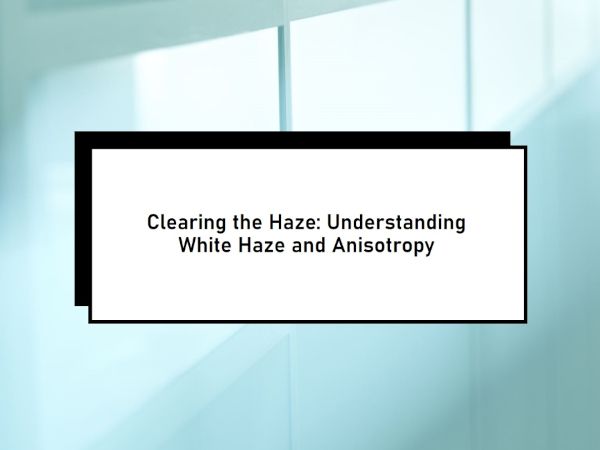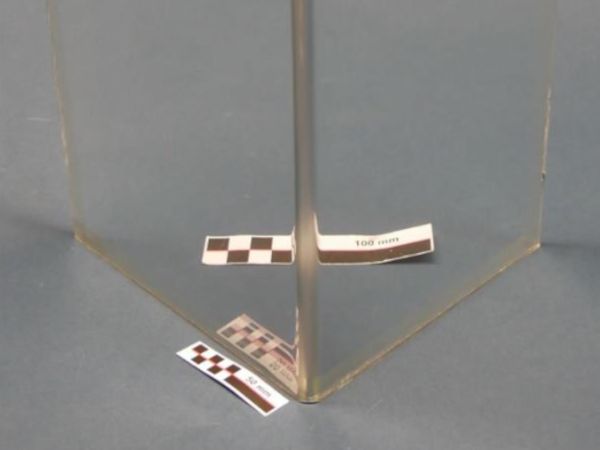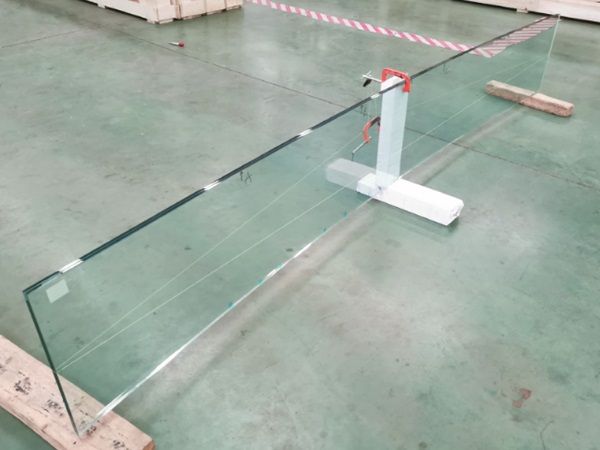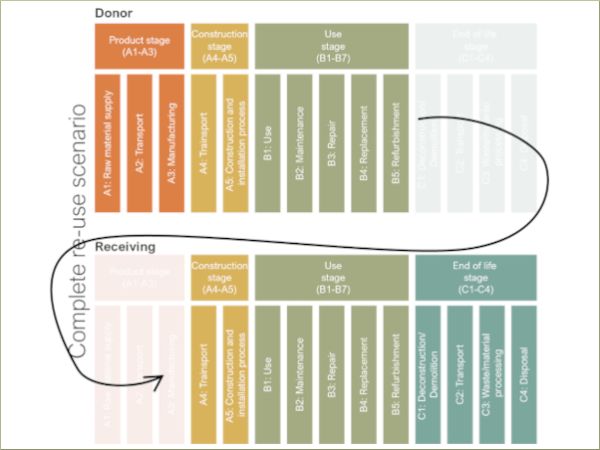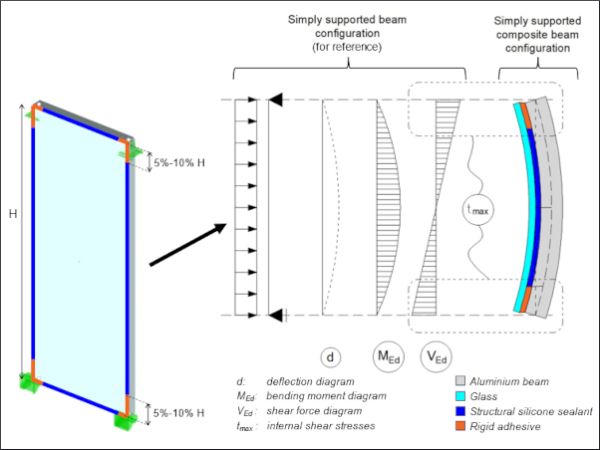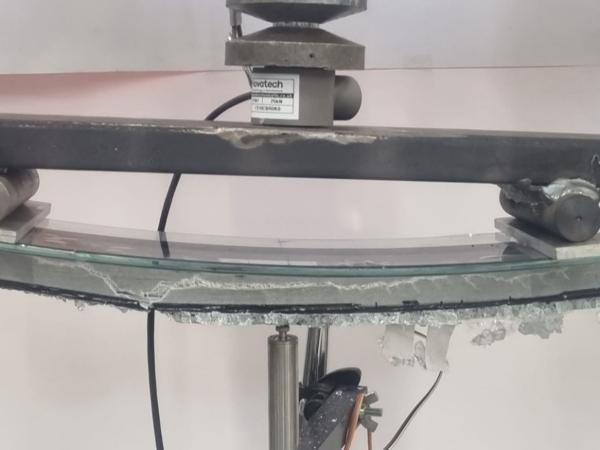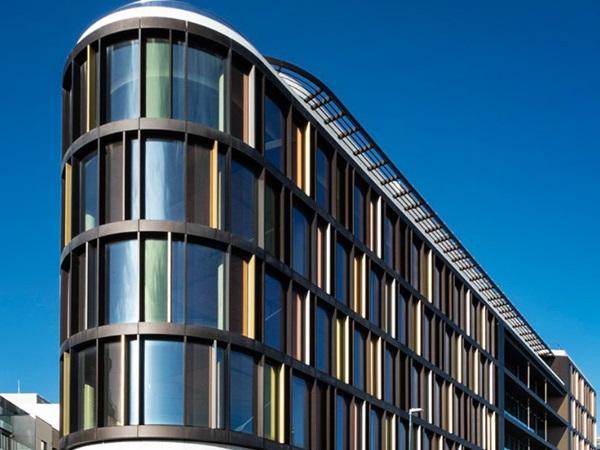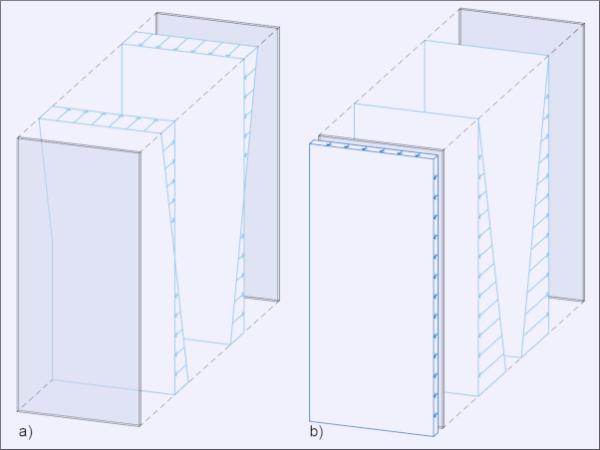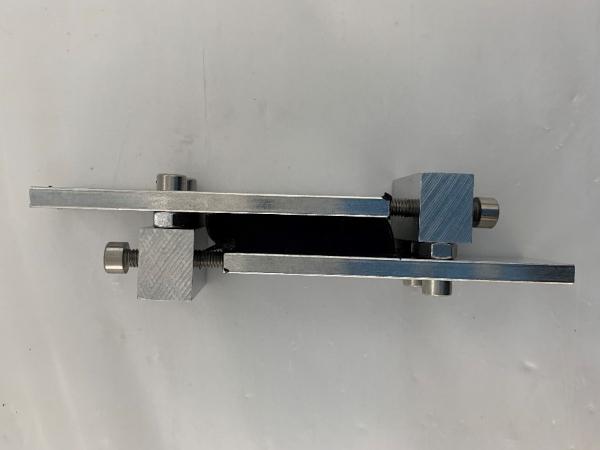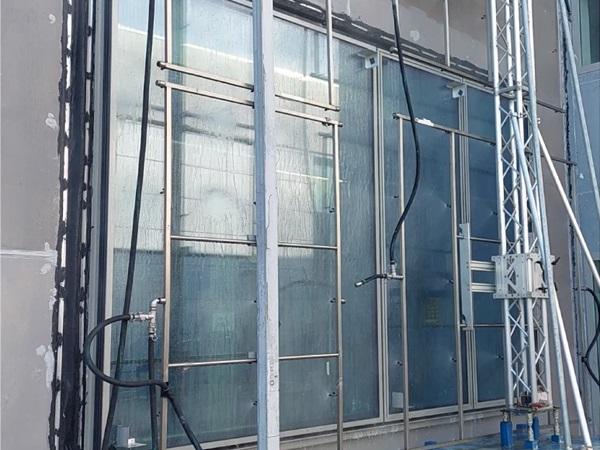Others also read
| The authors investigate the dynamic factor dependency on the major wind excitation parameters, including mean wind velocity, turbulence factor and system dynamic properties, using the Single Degree of Freedom simplification.
| In this paper, the behaviour of various Insulating Glass Units (IGUs) is examined under the influence of quasi-static uniform wind pressure and weather actions.
| This paper begins with an overview of the different types of modules and their applications. It discusses building regulations including the necessary structural analysis and testing verifications.
| In this paper, relevant parameters influencing the seismic loading of structural glazing joints are determined, evaluated, and narrowed down to areas of practical relevance as part of a theoretical stress analysis.
| In this paper, we will discuss a challenging, iconic, heritage, refurbishment project – Channel 4’s headquarters building located in London, England.
| The paper compares fitting functions of different polynomial degrees to determine and assess the edge stress.
| This paper gives an extensive overview of the state of the art, like realized structures, deformation criteria and cold bending associated stress development, while also prompting a new analytical approach for the calculation of stresses in cold bent glasses.
| Minor fluctuations in the tempering process of architectural glass lead to residual stress differences resulting in birefringence and undesired optical iridescence, also known as anisotropy effects.
| The organic design and seamlessly reflective surface of “The Henderson” establish it as a landmark in Hong Kong. With its all-glass façade and a height of 210 m, the skyscraper designed by Zaha Hadid Architects offers spectacular panoramic views.
| The objective of the present work is the development and testing of a robust numerical model that can naturally introduce the generated crack pattern into virtual specimens and manage the interaction among many fragments.
| Visual defects, in particular haze, in glass and façade technologies can significantly impact the aesthetic quality and human experience of daylight and views in buildings.
| This paper introduces the concept of a numerical sensor as a key element for creating a hybrid digital twin focused on the monitoring of load-bearing glass façades.
| This paper investigates the challenges and potentials of phase-field modelling in simulating glass fracture.
| This paper presents investigations on a novel approach for post-tensioning laminated glass beams with adhesively bonded iron-based shape memory alloy tendons along both longitudinal glass beam edges.
| Sustainable Configurations for Double Curved and Spherical Glass
| The two common defects—White Haze and Anisotropy—are often misunderstood but are not the same.
| This paper investigates the post-fracture spring-back effect and the post fracture behaviour in warm bent glass, aiming to assess its safe use in structural glass applications.
| This article presents the metric avoided carbon for the reuse of aluminium unitised curtain wall façades, that are to be taken from a donor building and applied onto a receiving building.
| A Composite Approach in the Design of Glass-Aluminium Facades to Minimise Embodied Carbon Emissions
| This study is part of a comprehensive research to develop a better understanding of the structural performance of Glass-GFRP composite façade panels.
| The purpose of this study is to investigate the stress distribution along the sealant joint of a cylindrically curved glass panel subjected to wind pressure and to establish if the panel curvature influences the stress distribution along the joint length.
| This paper is concerned with the design of a load-bearing adhesive joint for use in a fluid-filled insulating glass unit.
| The aim of this paper is to provide a better understanding of the effect of the permanent shear deformation on SSG joints.
| The study is based on an extensive experimental campaign and an associated parametric study to test alternative designs under both quasi-static and dynamic loading conditions.

